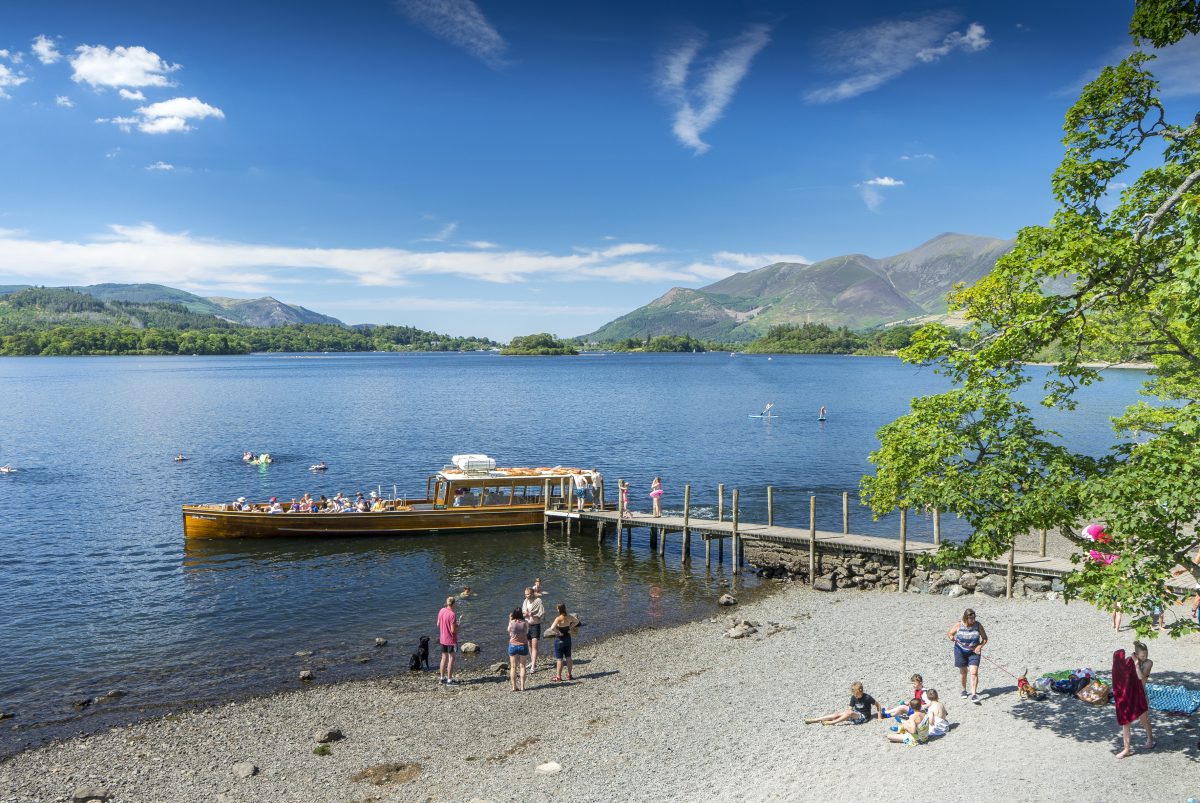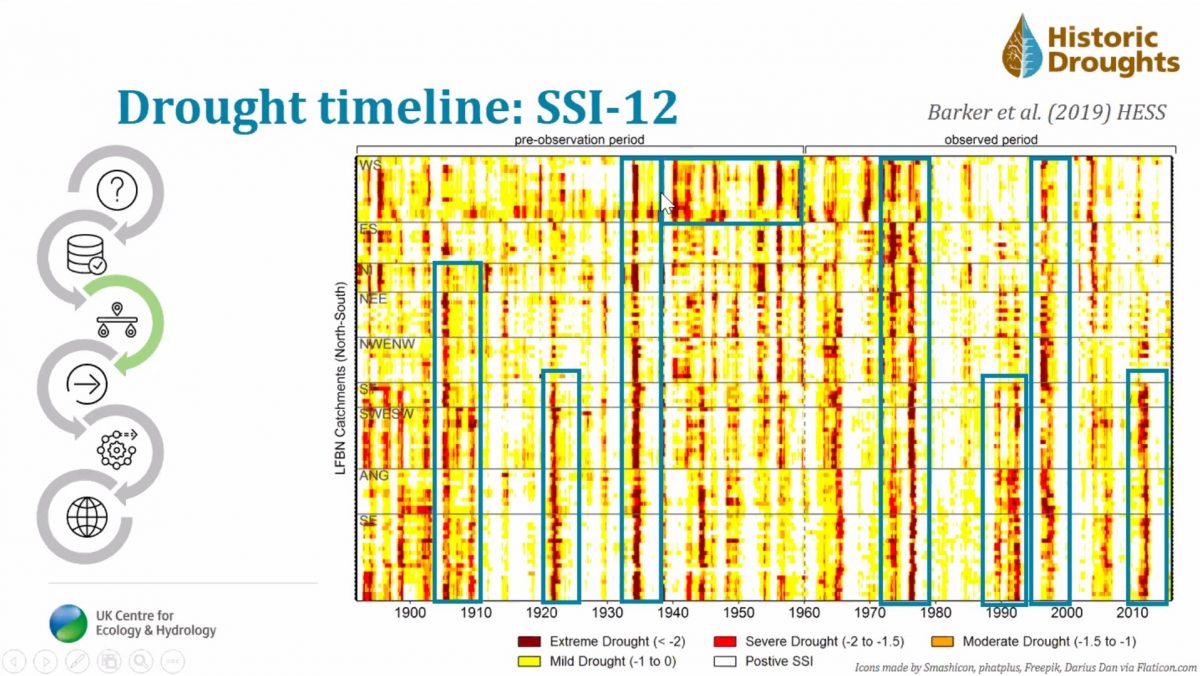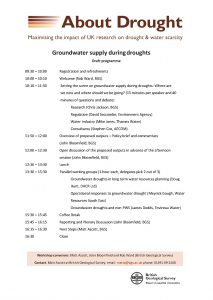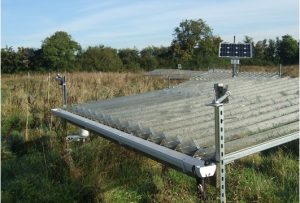Wednesday, July 3rd, 2019
Location: UWE Bristol Exhibition and Conference Centre, Filton Rd, Stoke Gifford, Bristol BS34 8QZ
Register: Click here
Interdisciplinary explorations in ‘DRY Thinking’ – bringing together stories and science for better decision-making in UK Drought Risk Management
Come and join the ongoing conversation at the final event for DRY (Drought Risk & You) part of About Drought, the UK’s £12m drought and water scarcity research programme.
Drought in the UK is a pervasive, creeping and hidden risk. How can ‘the hidden’ be revealed and how can science and stories work together, in this process, to support better decision-making in UK drought risk management?
This conference is the next stage in an ongoing dialogue, not only between different disciplines, but also but between researchers and stakeholders.
Over the past five years, DRY has worked with diverse sectors in seven catchments in England, Scotland and Wales – co-researching droughts past and scenario-ing droughts future, with strong attention to thinking about adaptive solutions and behaviours. DRY has explored how science and narrative can be brought together, in different ways and on different scales, to support statutory and non-statutory decision-making of a wide range of stakeholders, the general public and communities.
Core to this research has been a series of ‘creative experiments’, exploring how science can be used as a stimulus for stories and stories as a stimulus for science. This has included creative scenario-ing of possible drought futures and explorations in how drought might be visualised using science interweaved with storying.
DRY’s interdisciplinary team has involved drought risk scientists (hydrologists, ecologists, agronomists) working with hazard geographers, social science researchers in health and business, along with those working in media and memory, and applied storytelling.
This conference shares themes researched within the DRY project, including how we might:
- Rethink ‘drought data’ – its hybridity and variations in scale
- Explore drought values and perceptions that influence behaviours
- Scenario future drought working with science and narrative
- Exploring drought cultures within the UK
- Develop ‘DRY Thinking’ as a process – Drought Risk and You
The conference will be accompanied by the DRY Exhibition, showcasing resources generated by the DRY process, including the DRY Story Bank, the DRY Utility and DRY Action Learning Resources (e.g. around UK Drought Myths in engagement).
Organised by Professor Lindsey McEwen (UWE, Bristol), Emma Weitkamp (UWE, Bristol), Joanne Garde-Hansen (University of Warwick), Antonia Liguori (Loughborough University), Mike Wilson (Loughborough University) and the DRY consortium
For any further information, please email: DRY@uwe.ac.uk




